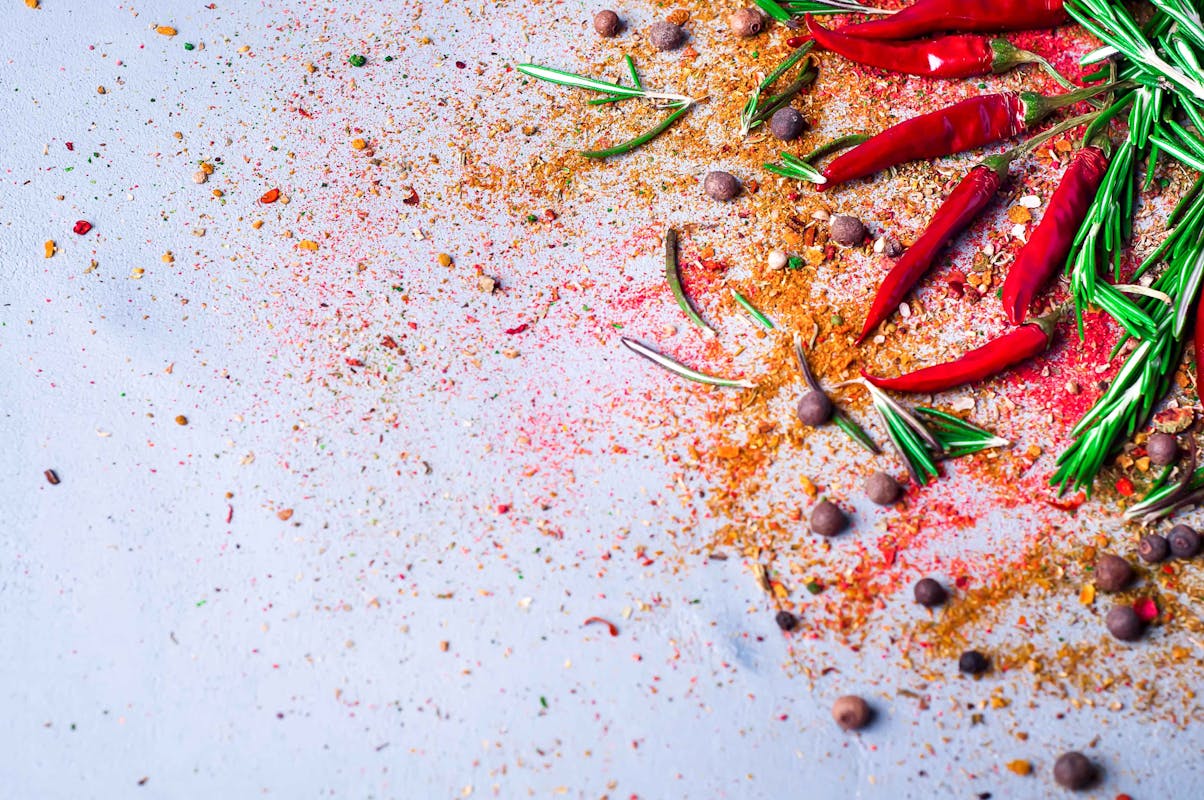For far too long we’ve been led to believe that “going on a diet” and “losing weight” is something you force rather than something you learn.
And where has it gotten us? Well, according to this article, 38 percent of adults are obese, along with 17 percent of teenagers—numbers that have been increasing year over year.
That’s not how I work – which you’ll know if you’ve been reading me for a while.
We all know what happens when you force a diet or weight loss: you relapse. You yo-yo. You live in one extreme for as long as you can handle it and then, inevitably, slip into the other extreme.
That’s a hard way to live.
You know what? I’ll be honest here: to change your lifestyle is a tall order. It’s really difficult, and it takes effort. But the difference between forcing an outcome (weight loss) and mastering your diet (lifestyle) is that, at some point, the process stops being a change in lifestyle and starts being what you do, day in and day out, because that’s who you are now.
It stops being so hard, in other words. It becomes easier and easier, more and more real.
But forcing a diet, losing some weight, and then relapsing? That doesn’t get easier. That’s just giving yourself the same pain over and over (and we’ll explore why on earth you’re doing that in another post.)
Which pain do you want: the pain of continually losing weight and then putting it all back on? Or the much shorter-term pain of actually changing your lifestyle and making a habit of being healthy?
SPONSORED CONTENT BY CONNATIX
10 CHALLENGES EVERY ENTREPRENEUR WILL FACE
Let’s assume it’s the second one…I’m assuming you’re a sane human being, after all 🙂
The philosophies outlined in the following three books will help you through the process to create a new lifestyle (and relationship with food) that’s permanent and real:
1. Antifragile by Nassim Taleb
If a mirror breaks, it is undoubtedly worse than when it wasn’t broken. This we can agree on.
When a Phoenix dies, it rises from its own ashes. It’s no better but no worse than before. It is reborn exactly the same as before.
Now, the hydra…when one of its heads gets cut off, grows two more. In other words: it doesn’t get better despite being harmed, but precisely because it was harmed. It is, as Taleb would say, “antifragile.”
Humans are hydras. You’re a hydra. All the pain in your life can make you better—if you let it.
I say this because when you’re changing your lifestyle, there are going to be times when you mess up. When you make bad choices. When you regress into what you used to be, even if momentarily. Welcome to being human. Imagine if you used every one of these “mess ups” to get better? To grow? To become more and more antifragile?
How strong and powerful could you become?
2. Will It Make the Boat Go Faster? by Ben Hunt-Davis
The Great Britain Men’s Eight rowing team [check this] won gold at the 2000 Olympics. They’d also skipped the opening ceremony, a once in a lifetime opportunity for most of them.
These two things are not unrelated. In fact, they’re 100 percent related.
After toiling in obscurity for years and years, they decided to try something totally new and completely different. (A good lesson here). They decided that every decision in their lives leading up to the Olympics should revolve around one question:
“Will it make the boat go faster?”
It’s the perfect question because it’s a “yes” or “no” answer. Something either makes the boat go faster or it doesn’t.
Now, you understand why they didn’t go to the opening ceremony. How would that make the boat go faster? It wouldn’t. It would be a late night and it would be wasted energy. It was a clear, but also difficult, No.
How does this apply to you? Well, you can ask a similar question about any decision you need to make:
“Will this help me create my new lifestyle?”
All the unimportant will be removed, and what will remain is what will take you toward your new lifestyle and toward the person you envision yourself to be.
3. The Untethered Soul by Michael A. Singer
There’s a voice in your head, isn’t there?
When you think about it, it’s always been there.
Here’s the fascinating thing: it’s not you.
How can that be? You’re the one hearing it.
So…if it’s not you, then what is it?
It’s just a thought. That’s it. AThat means it doesn’t have to control you if you don’t want it to control you.
All those times you’ve made poor diet choices, all those times you’ve craved something sugary, all those times you’ve said “fuck it” and gorged yourself numb…I’m willing to bet they’re all because of the voice. Because it told you to do something and you obeyed.
Your voice is not you. It’s just a thought. Your thoughts do not define you. Because you have infinite thoughts and if each one defined you then there’d be infinite Yous. But there’s only one you. The witness behind your thoughts.
How’s that for life-shifting insight?
Now, you can take a step back and realize that you can simply observe this voice rather than do whatever it tells you.
For example, it might say, “Oh, my god, I really want a donut.” Then you, the witness behind that thought, can take a step back and simply observe that these thoughts are happening. If you really pay attention, they’re actually quite funny. Since they don’t define you, you don’t have to act on them. In fact, then you can make the choice you really want to make and that you know will make you truly happy: a healthy choice.
Isn’t taking a step back from the voice worth getting good at?























